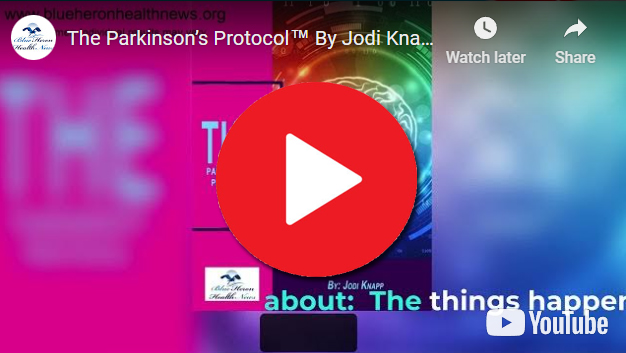
The Parkinson’s Protocol™ By Jodi Knapp Thus, the eBook, The Parkinson’s Protocol, educates you regarding the natural and simple ways to minimize the symptoms and delay the development of Parkinson’s effectively and quickly. It will also help your body to repair itself without following a specific diet plan, using costly ingredients or specific equipment. Its 60 days guarantee to return your money allows you to try for once without any risk.
What is the relationship between inflammation and prostate health?
Inflammation plays a significant role in prostate health, particularly in relation to conditions like benign prostatic hyperplasia (BPH), prostatitis, and prostate cancer. Here’s how inflammation and prostate health are connected:
1. Prostatitis (Prostate Inflammation)
- Definition: Prostatitis refers to inflammation of the prostate gland and is a common urological condition in men, especially under age 50. It can be caused by bacterial infections (acute or chronic bacterial prostatitis) or other non-bacterial factors (chronic non-bacterial prostatitis or chronic pelvic pain syndrome).
- Symptoms: Prostatitis symptoms include pelvic pain, difficulty urinating, painful ejaculation, and sometimes flu-like symptoms in cases of bacterial infection.
- Inflammation’s Role: In non-bacterial prostatitis, inflammation occurs without a clear infection and is thought to result from autoimmune reactions, stress, or other unknown factors. Chronic inflammation in the prostate can lead to tissue damage and contribute to symptoms over time.
2. Benign Prostatic Hyperplasia (BPH)
- Inflammation and Growth: BPH is the non-cancerous enlargement of the prostate that commonly affects older men. Research has shown that inflammation within the prostate can play a role in its development and progression. Inflammatory cells in the prostate tissue may release substances that contribute to cell growth and the enlargement of the gland, exacerbating BPH.
- Impact on Symptoms: Inflammation can worsen urinary symptoms associated with BPH, such as frequent urination, urgency, and difficulty emptying the bladder.
3. Prostate Cancer
- Chronic Inflammation and Cancer Risk: Chronic inflammation is thought to be a contributing factor in the development of prostate cancer. Prolonged inflammation can cause damage to prostate cells, leading to DNA mutations and the potential initiation of cancerous changes.
- Link with Inflammatory Conditions: Some studies suggest that men with chronic prostatitis or a history of inflammatory conditions of the prostate may be at a slightly increased risk of developing prostate cancer, although the relationship is complex and not fully understood.
- Tumor Microenvironment: In the case of prostate cancer, inflammation in the tumor microenvironment can promote tumor growth, progression, and resistance to therapy. Inflammatory cells may release growth factors that encourage the proliferation of cancer cells.
4. Immune Response and Prostate Health
- Protective vs. Harmful Inflammation: In some cases, the body’s immune response, which causes inflammation to fight infections or repair tissue damage, can help protect the prostate. However, when inflammation becomes chronic and uncontrolled, it can damage prostate tissue and create an environment that promotes disease development, including cancer.
5. Diet and Lifestyle Factors
- Diet-Induced Inflammation: Diets high in processed foods, sugars, and unhealthy fats can promote systemic inflammation, which may worsen prostate-related conditions. Conversely, anti-inflammatory diets rich in fruits, vegetables, and omega-3 fatty acids may help reduce inflammation and improve prostate health.
- Obesity: Obesity is associated with increased inflammation throughout the body, including the prostate. Adipose tissue produces inflammatory cytokines that may contribute to BPH, prostate cancer risk, and prostatitis.
Conclusion:
Chronic inflammation in the prostate is a key factor in several prostate conditions, including prostatitis, BPH, and prostate cancer. While acute inflammation is part of the body’s immune response, chronic inflammation can damage prostate tissue and promote the development of both benign and malignant prostate diseases. Managing inflammation through lifestyle changes, such as maintaining a healthy diet and weight, may help reduce the risk of prostate-related conditions.

The Parkinson’s Protocol™ By Jodi Knapp Thus, the eBook, The Parkinson’s Protocol, educates you regarding the natural and simple ways to minimize the symptoms and delay the development of Parkinson’s effectively and quickly. It will also help your body to repair itself without following a specific diet plan, using costly ingredients or specific equipment. Its 60 days guarantee to return your money allows you to try for once without any risk.